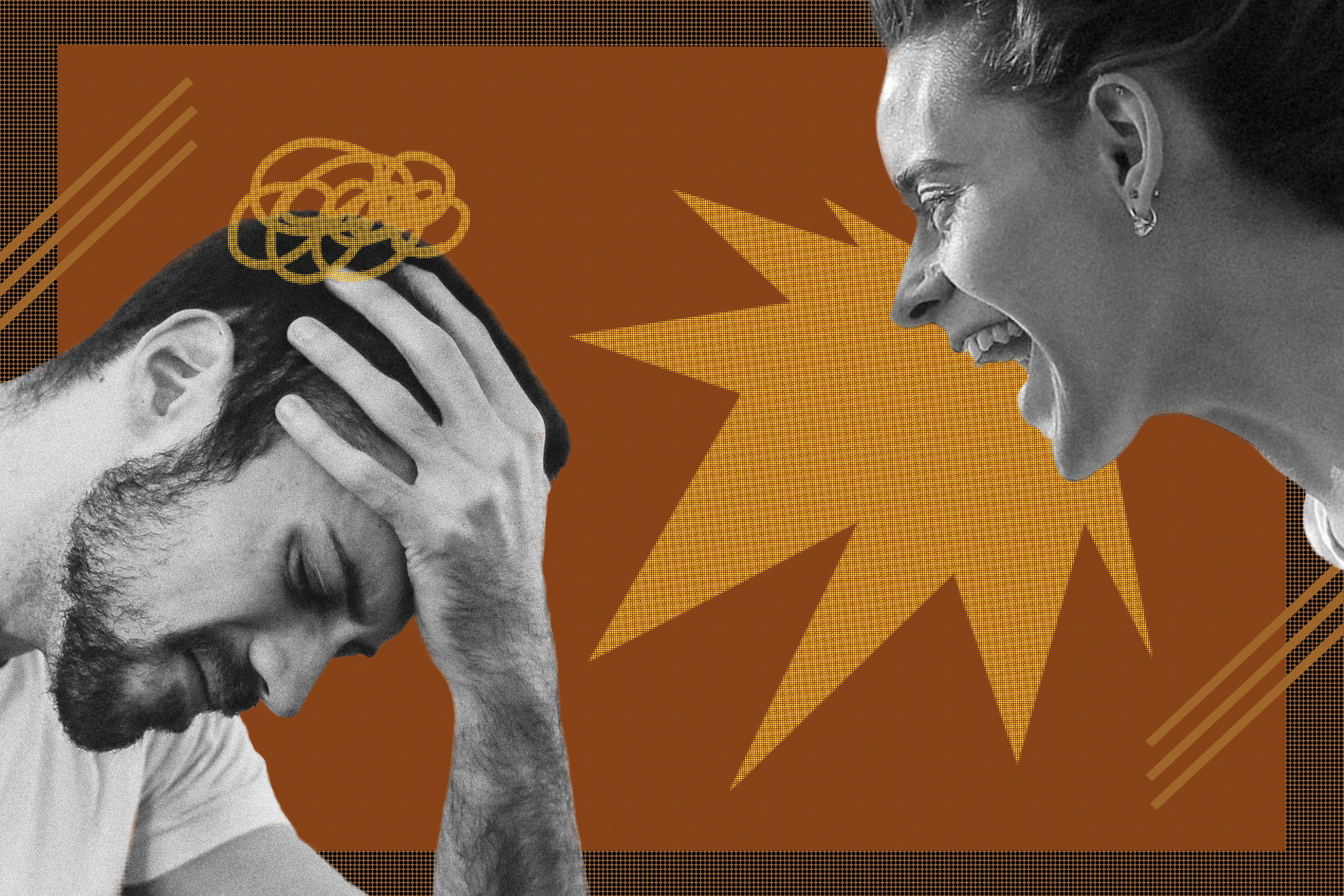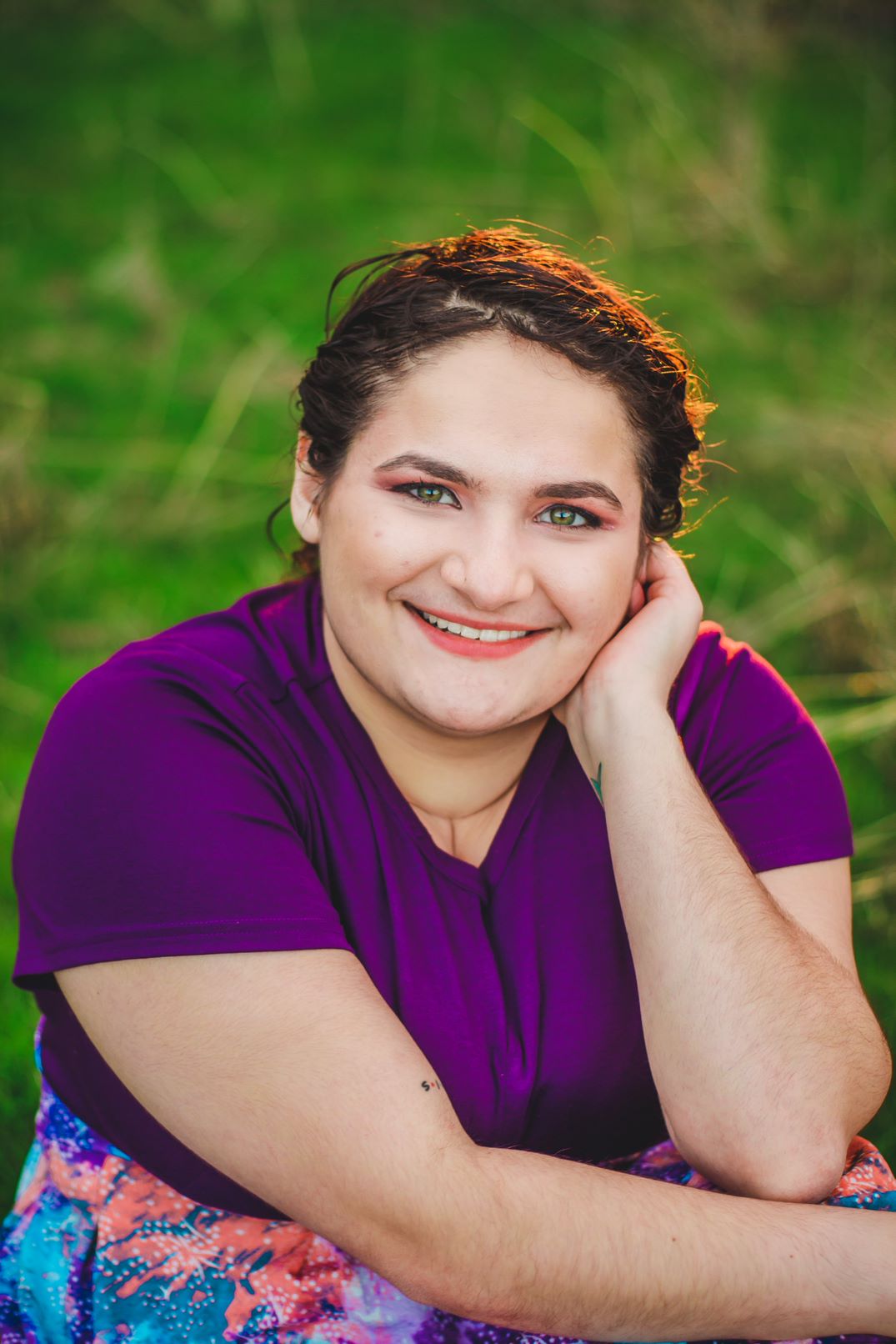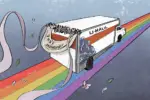This is incredibly harmful language. Let’s talk about why.
By using these terms, we’re inadvertently belittling mental health. By using terms like “OCD” in place of “perfectionist,” or “bipolar” instead of “temperamental,” we’re changing the meanings of the illnesses, making them seem more meaningless than they really are. By incorporating these terms into the common vernacular, it transforms them into something they are not.
When we use these terms, we run a high risk of ridiculing people with these disorders by using them in a joking manner. No one likes to be made fun of, especially when it’s a topic that is already stigmatized.It’s dehumanizing.
What it comes down to is this: words matter. Words matter so much. By stereotyping, because that’s what this type of language does, it creates and further perpetuates those stereotypes. This misuse of language villainizes these illnesses, because that’s what they are: illnesses. By using these terms in a joking manner, it belittles people by making them their illnesses.
Language is incredibly powerful, and by abusing it, we only cause harm to other people.
Even using terms we think are common like “crazy,” “insane” or “mental,” are harmful. They’re also terms we see frequently used in movies and television. When we see depictions of mental health in media, it tends to negatively affect the people with those illnesses. For example, the movie “Split” is about girls who are kidnapped by a man with 23 different personalities. This is clearly a depiction of Dissociative Identity Disorder (DID), and it creates an incredibly negative stereotype surrounding those with DID, villainizing them. When we aim words like “crazy,” “insane,” or “mental” towards people, we’re further perpetuating this stigma towards mental health, just like “Split” does.
When we use these terms, it can create a barrier for people trying to seek out help. A lot of people now won’t get diagnoses because of these perpetuated stereotypes. There’s nothing wrong with having these disorders, often it’s part of who we are, but, when this language is continually used, it can make it incredibly difficult to not only accept ourselves for who we are and where we are, but to get the help we need.
A quick Google search can tell you all sorts of information you need to know about stigmatized language. There’s plenty to be said about stigmatized language and the type of harm it can, and does, cause. We need to look for alternative ways to speak, ways to become better, and ways to help people get the help they need. We don’t need to be making things worse for them by only using harmful language. When we say “perfectionism” it gives a clearer description than “OCD” does, and it’s a better way to use our language. By bettering ourselves, we help better the world, and that’s a beautiful thing, don’t you think?

















